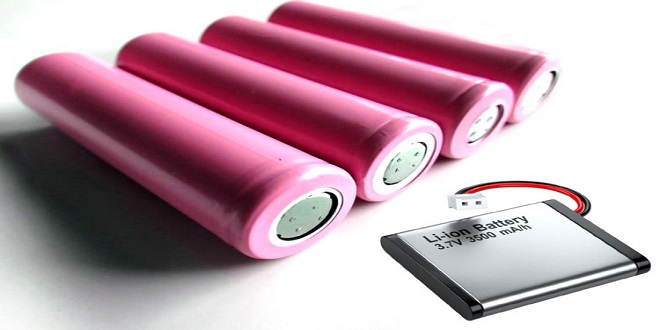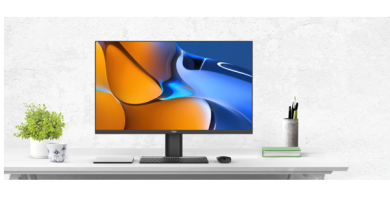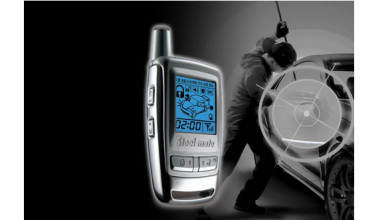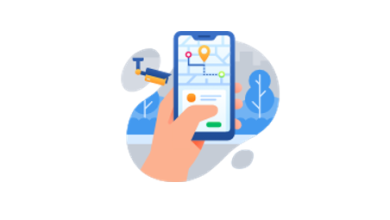Here’s what you need to know about Li-Ion batteries

The fast-growing trend in tool industry is Lithium Ion (LiIon) battery technology.
The best lithium ion battery is the lightest in energy and weight. It packs the most power for the least bulk.
There is also no lazy battery effect or memory effect. The battery’s capacity decreases when it is repeatedly charged without being fully utilized. This is a common sign of Nickel Cadmium (NiCad), batteries.
Li-Ion batteries, on the other hand have no memory and can take a maximum charge continuously.
Furthermore, Lithium Ion batteries lose very little charge when they are disengaged.
What’s the difference between lithium and lithium-ion batteries?
The difference is in the chemistry. A lithium battery is a disposable source of power made up of lithium metal compounds.
Intercalated lithium ion batteries, on the other hand, are intercalated. This means that the lithium ion within the battery moves between two electrodes. Reversibility is a key feature of lithium ion batteries that allows them to be recharged.
What are some of the benefits to Lithium Ion Technology’s?
Lithium Ion batteries are powerful and light, and they can be recharged quickly.
Li-Ion batteries are single cell technology that combine single cells with greater energy reserves than nickel metal hydride or nickel cadmium. NiMH batteries are more powerful than NiCad batteries.
Lithium-ion battery’s charge lasts longer than comparable batteries and provides steady power until it is fully depleted.
Other batteries slowly and steadily lose power as they get used. Li-Ion batteries last until the end.
What are the disadvantages of using Lithium Ion Batteries for your home?
There are very few disadvantages to Li-Ion technology and technological advances are making them less common.
Manufacturers of lithium ions have improved their formula to make a better battery. Each giant has its flaws.
Extreme temperatures are a problem for Li-Ion batteries. The battery will rapidly degrade if exposed to extreme temperatures.
The quality of lithium-ion batteries will decrease regardless of how often they are used.
The built-in computer chip in the Li-Ion battery prevents it accepting a charge if its power drops below a certain level.
The battery can’t be repaired once this happens.
Despite the fact that these defects are more prevalent in older Lithium Ion battery models, it is worth looking for these issues.
These defects are rare and easily avoided.
Keep Li-Ion and other batteries in a dry, cool place.
It is important to use Li-Ion batteries frequently.
Before storing Li-Ion batteries, ensure they are fully charged. Also, make sure to recharge them often.
To ensure that the battery power level does not drop below the limit, you should monitor it.
General Liion Battery Tips:
Sometimes, Lithium Ion batteries may require more than one charge (sometimes as high as 10) in order to fully charge. Let your battery charge overnight before charging it for the first time.
When you first use the battery, it will be at its maximum power.
For a longer battery life, charge your battery overnight at least once a week.
When you buy a new Lithium-Ion battery, make sure it is brand new.
It is possible that the battery may have been damaged on the distributor’s shelves. Make sure you buy a brand new one.
Manufacturers may include a date code on their battery packaging. You can ensure that the battery you purchase is high-quality and new by verifying the date.





